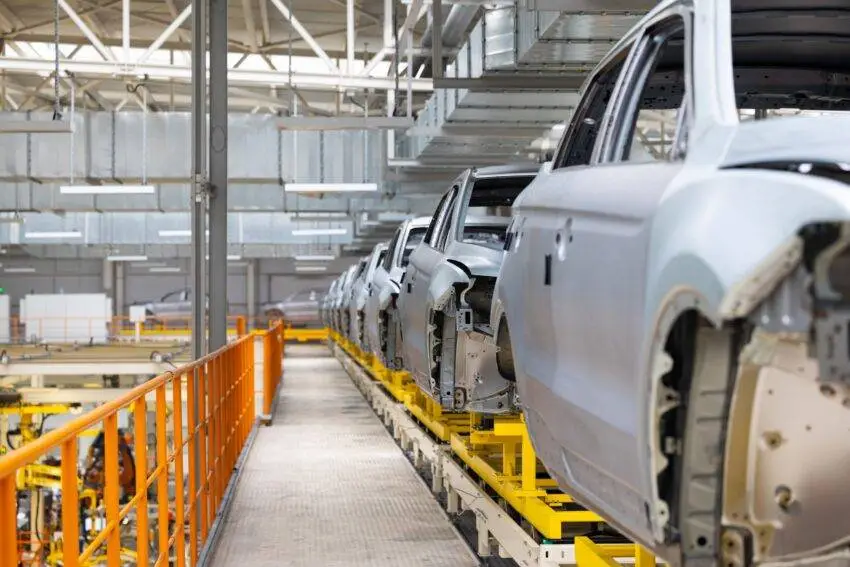The UK’s car manufacturing sector is urgently calling for government intervention as production declines.
The automotive industry faces significant hurdles, demanding a comprehensive industrial strategy from the next government.
Current Production Challenges
The Society of Motor Manufacturers and Traders (SMMT) reports a worrying trend. Only 61,800 cars were produced in April, showing a year-on-year decrease of 7%.
The first four months of this year have seen a total of 184,000 vehicles manufactured, indicating nearly a 1% decline.
Economic Impact
Car manufacturing plays a vital role in the UK’s economy. Nearly 80% of the vehicles produced are exported to key markets like the European Union and the United States.
However, exports fell by 12% last month, raising further concerns for the industry.
Since the peak in 2016, Brexit and the pandemic have caused significant challenges, affecting investments and supply chains.
Transition to Electric Vehicles
The industry is also grappling with the transition to electric vehicles (EVs).
Jaguar plans to close its Castle Bromwich plant to switch entirely to electric models next year.
Nissan in Sunderland and BMW Mini in Oxford are updating their machinery for EV production.
Calls for Government Action
Mike Hawes, SMMT’s chief executive, emphasises the need for maintaining foreign direct investment. “The next government must create favourable conditions for UK manufacturing’s competitiveness,” he said.
The SMMT has called for both main political parties to commit to a formal industrial strategy.
Key demands include low-cost, zero-carbon energy, a skilled workforce, free trade agreements, and support for the domestic EV market.
Skills and Workforce
Ensuring a skilled workforce is crucial for the industry’s future. Historically, the sector has relied heavily on EU migrant workers.
Jaguar Land Rover’s initiative to train 11,000 workers for battery electric vehicle production highlights the scale of the challenge.
Additionally, the company is hiring 950 electrical engineers, broadening opportunities for diverse backgrounds.
Environmental Goals
Electrification is seen as a chance to advance environmental goals. Mike Hawes asserts that these measures would stimulate economic growth while creating job opportunities.
The move towards EVs is noted to be more process-oriented and less physically demanding, making it accessible to a wider range of individuals.
It’s also seen as an opportunity to include neurodiverse employees in the workforce.
Urgency for Strategic Support
The urgent need for strategic governmental support cannot be overstressed.
The UK car industry’s plea underlines the critical transition period they are navigating.
The UK car industry is at a crossroads, requiring immediate government action.
The sector highlights the need for a comprehensive strategy to ensure a competitive and sustainable future.

